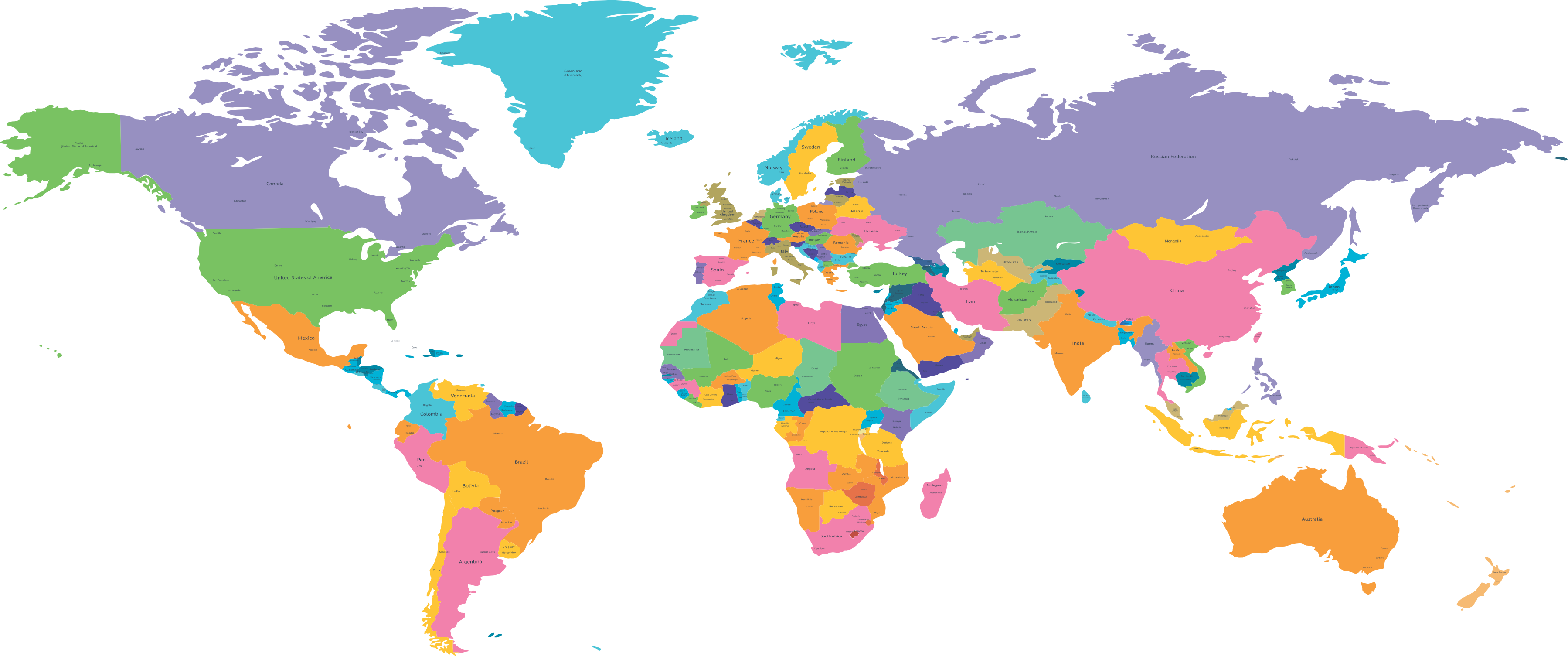
Scope
REGIONAL LENS is a peer-reviewed journal that publishes scholarly work in the field of Social Sciences (Miscellaneous) with a strong focus on regional and interdisciplinary studies. The journal encourages original research, reviews, and case-based studies that examine social issues, structures, and changes across different societies.
Subjects Covered (but not limited to):
- Sociology and social theory
- Political science and comparative politics
- Public policy and public administration
- Management Sciences Research
- Governance, institutions, and democracy
- Regional and area studies
- Development studies and social development
- Economics (social and developmental aspects)
- Education and educational studies
- Gender studies and women’s studies
- Media, communication, and cultural studies
- Anthropology and ethnographic studies
- Population studies and demography
- Urban, rural, and community studies
- Human rights and social justice
- Peace, conflict, and security studies
- Environmental and social sustainability
- Social research methods and interdisciplinary studies
REGIONAL LENS aims to serve as an academic platform for researchers, scholars, and practitioners by publishing well-researched, ethical, and original work that enhances understanding of social issues from regional and global perspectives.


